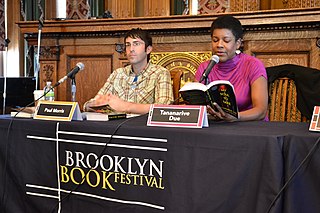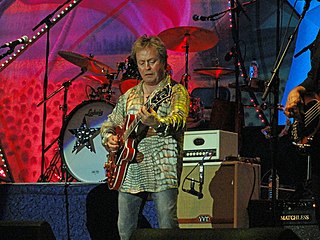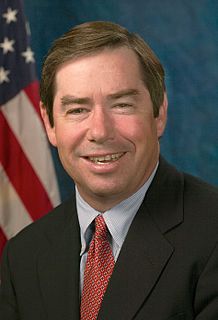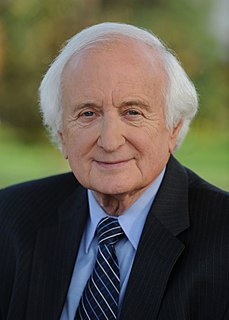A Quote by Tananarive Due
Inspired by Alex Haley's 'Roots,' at the age of 11 I began a handwritten Middle Passage story called 'Lawdy, Lawdy, Make Us Free.' I was raised by civil rights activists with a very strong sense of racial history and consciousness.
Related Quotes
What Malcolm X did not know is that back in 1962, a collaborator of Alex Haley, fellow named - a journalist named Alfred Balk had approached the F.B.I. regarding an article that he and Haley were writing together for The Saturday Evening Post, and the F.B.I. had an interest in castigating the Nation of Islam, and isolating it from the mainstream of Negro civil rights activity.
[Alex] Haley felt he could make a solid case in favor of racial integration by showing what was - to white America - what was the consequence of their support for racial separatism that would end up producing a kind of hate, the hate that hate produced, to use the phrase that Mike Wallace used in his 1959 documentary on the Nation of Islam.
Over a period of about year-and-a-half, Malcolm X and [Alex] Haley agreed to work with each other. They met usually after a long business day that Malcolm put in very tired. He would get there at about - either at Haley's apartment or they would meet at then Idyllwild Airport at a hotel, and Malcolm would be debriefed by Haley. He would talk, Haley would take notes.
Contrary to the claims of the supporters of the Civil Rights Act of 1964 and the sponsors of H.Res. 676, the Civil Rights Act of 1964 did not improve race relations or enhance freedom. Instead, the forced integration dictated by the Civil Rights Act of 1964 increased racial tensions while diminishing individual liberty.































